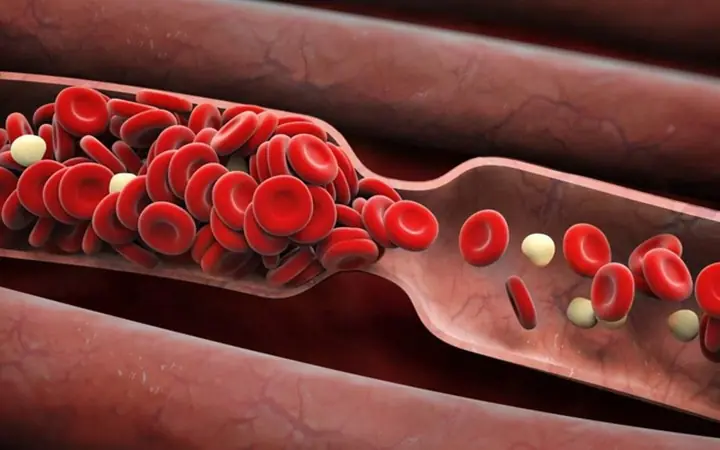
If Your Tongue Is Yellow, Be Cautious of These 5 Diseases
The human body has a remarkable way of signaling internal issues, often through subtle signs we may overlook. One such indicator is the color of your tongue. While a healthy tongue is usually pink with a thin white coating, a yellow tongue can be an early warning sign that something is wrong. Though it might seem harmless at first, a yellow coating on the tongue could indicate several underlying health conditions. Here are five diseases you should be cautious of if your tongue appears yellow.
1. Liver Dysfunction
One of the most serious potential causes of a yellow tongue is liver disease. The liver is responsible for filtering toxins from the blood and aiding in digestion. When it becomes damaged or inflamed—as in hepatitis or cirrhosis—it may lead to a buildup of bile pigments in the body. These pigments can show up as a yellowish discoloration not just in the skin or eyes (jaundice), but also on the tongue. If the yellowing is accompanied by fatigue, dark urine, or abdominal pain, a liver function test is highly recommended.
2. Gastric or Digestive Disorders
A yellow tongue may also signal problems with the digestive system, such as gastritis, acid reflux, or indigestion. Poor digestion can lead to the growth of certain bacteria in the mouth that produce sulfur compounds, which can tint the tongue yellow. This is especially common in people with chronic digestive issues or those who consume a high-fat, low-fiber diet. If you experience bloating, heartburn, or irregular bowel movements along with tongue discoloration, it may be time to examine your gut health more closely.
3. Oral Thrush or Bacterial Overgrowth
While oral thrush is often associated with a white tongue, early stages or certain bacterial overgrowths can cause a yellow coating. Poor oral hygiene, smoking, dehydration, or excessive antibiotic use can alter the balance of microorganisms in the mouth, allowing harmful bacteria or yeast to thrive. These microorganisms can produce pigments or cause inflammation, leading to yellow discoloration. Maintaining proper oral hygiene and staying hydrated can help prevent this.
4. Dehydration and Dry Mouth
A dry mouth caused by dehydration, medications, or breathing through the mouth during sleep can contribute to a yellow tongue. Without enough saliva, the mouth cannot properly cleanse itself, leading to a buildup of bacteria and dead cells on the tongue's surface. These can take on a yellowish color and may also produce a foul odor. Drinking plenty of water, avoiding alcohol or caffeine, and using sugar-free gum to stimulate saliva may help alleviate this issue.
5. Respiratory Infections
Sometimes, a yellow tongue is linked to respiratory conditions, such as sinus infections, bronchitis, or post-nasal drip. Mucus from the sinuses can drip down the throat, especially while sleeping, and accumulate on the tongue. This mucus can encourage bacterial growth and lead to discoloration. If you're also experiencing a persistent cough, nasal congestion, or sore throat, the yellow tongue may be part of a broader respiratory issue.
In Conclusion
A yellow tongue is not a disease in itself but a symptom—a visible warning that your body might be fighting an internal problem. While temporary yellowing can result from dietary factors, such as eating certain foods or drinking too much coffee or tea, persistent discoloration should never be ignored. If you notice that your tongue remains yellow despite proper hygiene, it's crucial to consult a healthcare professional. Early detection can make all the difference when dealing with potentially serious conditions like liver disease or digestive disorders. So the next time you brush your teeth, take a quick look at your tongue—it might be trying to tell you something important.
News in the same category

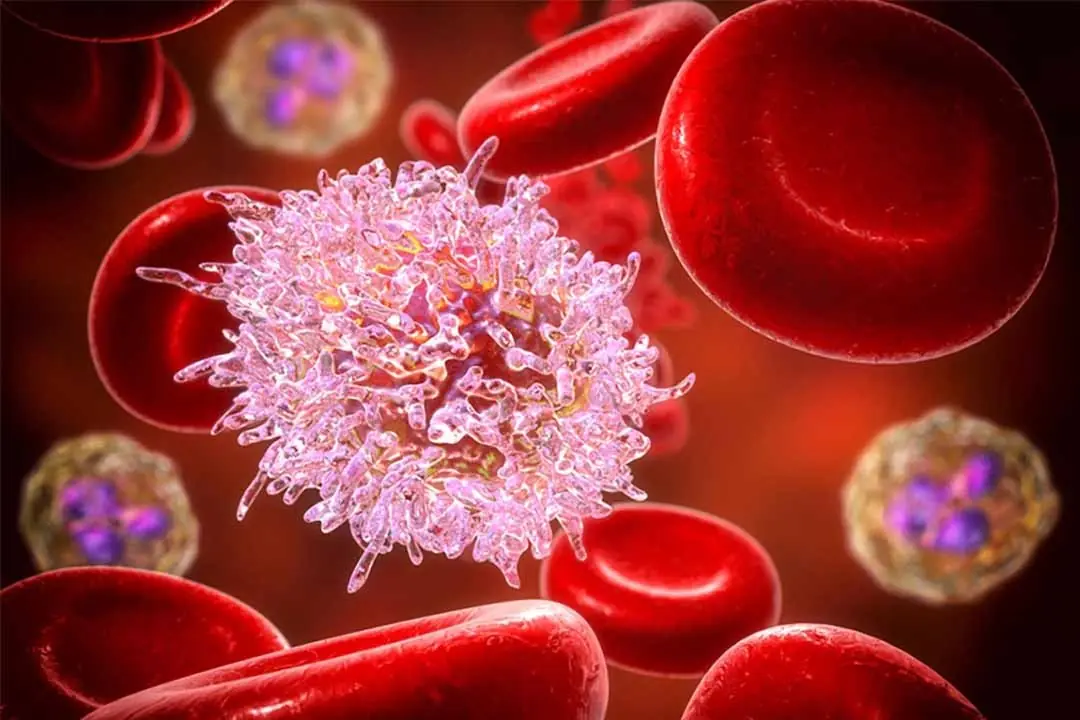
The Leading Cause of Liver Cancer Discovered – 10 Times Deadlier Than Alcohol and Tobacco: The Culprit is 'It

Unplug to Rewire: Just 72 Hours Without a Smartphone Can Change Your Brain

CRISPR Breakthrough: Scientists Successfully Remove Extra Chromosome in Down Syndrome Cells

Alzheimer's Breakthrough: Key Protein Found in High Levels in Newborns, Offering Hope for New Treatments
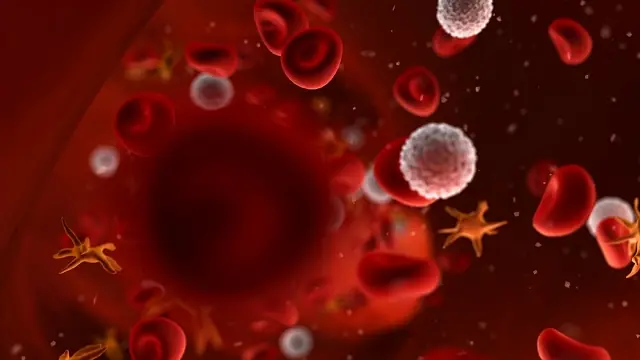
Trojan Horse Therapy: Scientists Engineer Virus to Make Tumors Self-Destruct

Walk Your Way to a Lower Cancer Risk: Just 7,000 Steps a Day Can Make a Difference

The Sunshine Vitamin's Secret Weapon: How Vitamin D Fights Colorectal Cancer

Woman, 29, Falls Into Coma After Tattoo During Bachelorette Trip To Spain

World’s Oldest Woman, 117, Reveals The One Food Behind Her Long Life
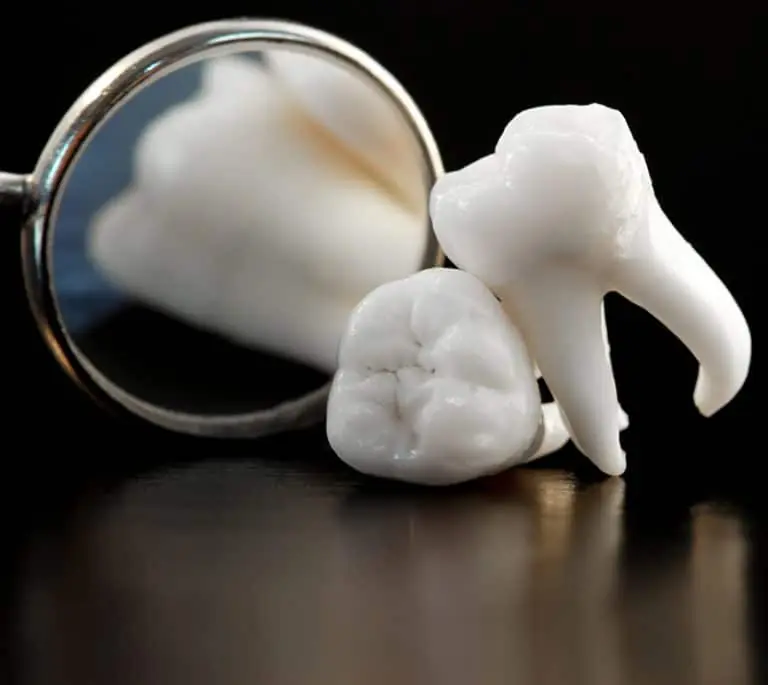
Medical Gold: Why Your Wisdom Teeth Might Hold the Key to Future Cures

Prostate Cancer: Warning Signs and Symptoms You Shouldn't Ignore

Ditch the Knife: Effective Non-Surgical Treatments for Bunion Pain Relief
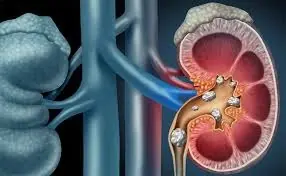
5 Drinks That Can Help Dissolve Kidney Stones and Aid Easy Elimination
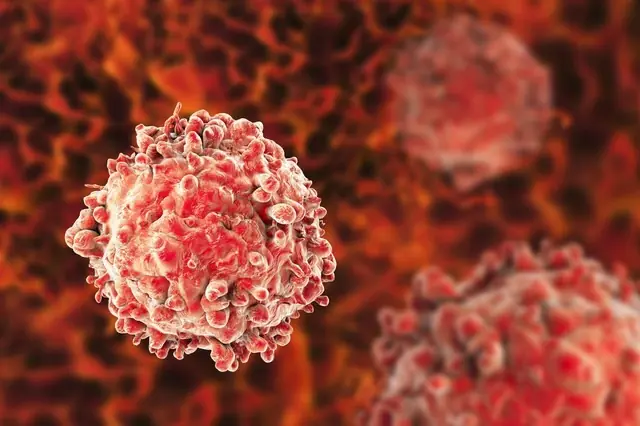
People with Cancer Often Share 8 Morning Signs—Especially Clear After Age 40
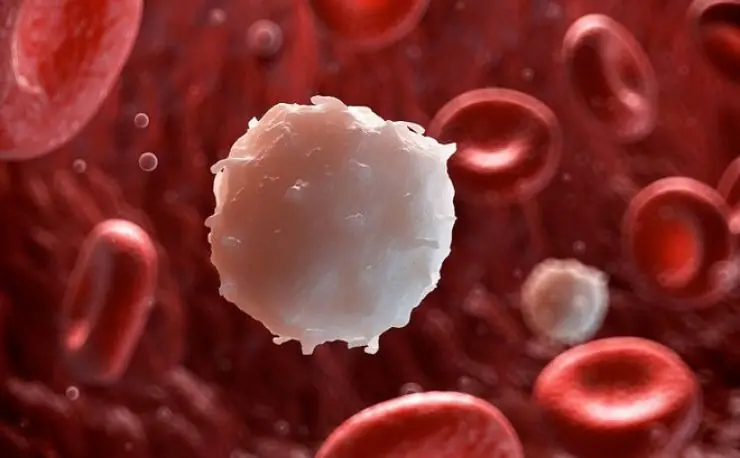
5 Foods That Tumors Hate: Eat These Often for Better Health

Scientists Warn of a Silent Epidemic: Men’s Testosterone Levels Are Plummeting — And Here’s Why

Scientists Found The Hidden Factor Behind the Global Infertility Crisis, And It’s Terrifying

🍵 The Quiet Power of Cinnamon Tea: A Simple Sip for Natural Balance
News Post

Scientists Reveal Genetic, Brain And Trauma Link Behind Hoarding Disorder

Most People Have No Idea What The Lines On Bath Towels Actually Mean

Why Charging Your Phone To 100% Could Be Harming Its Battery Life

FBI Declassified 1,427 Secret Files On Einstein—Internet Reacts

The Volume Buttons On Your Iphone Has Many Hidden Functions

The Main Cause of Blood Clots Discovered – 10 Times Worse Than Fat!

The Leading Cause of Liver Cancer Discovered – 10 Times Deadlier Than Alcohol and Tobacco: The Culprit is 'It

Here’s Why You Shouldn’t Sleep With A Fan At Night

If You See A Woman Wearing A Wedding Ring On Her Pinky Finger Here’s What It Means

What’s The Purpose Of The Fabric Strip Across Hotel Beds

Unplug to Rewire: Just 72 Hours Without a Smartphone Can Change Your Brain

CRISPR Breakthrough: Scientists Successfully Remove Extra Chromosome in Down Syndrome Cells

Alzheimer's Breakthrough: Key Protein Found in High Levels in Newborns, Offering Hope for New Treatments

Trojan Horse Therapy: Scientists Engineer Virus to Make Tumors Self-Destruct

Walk Your Way to a Lower Cancer Risk: Just 7,000 Steps a Day Can Make a Difference

The Sunshine Vitamin's Secret Weapon: How Vitamin D Fights Colorectal Cancer

Woman, 29, Falls Into Coma After Tattoo During Bachelorette Trip To Spain

Scientists Achieve First Dream-To-Dream Communication Using Brain Waves

How I Reclaimed My Life After My Husband’s Betrayal and Their Inevitable Divorce
After 14 years of marriage shattered by infidelity, I found strength to rebuild a new life for my children and myself. This is the story of betrayal, resilience, and how my ex-husband’s affair led to a painful but necessary divorce.